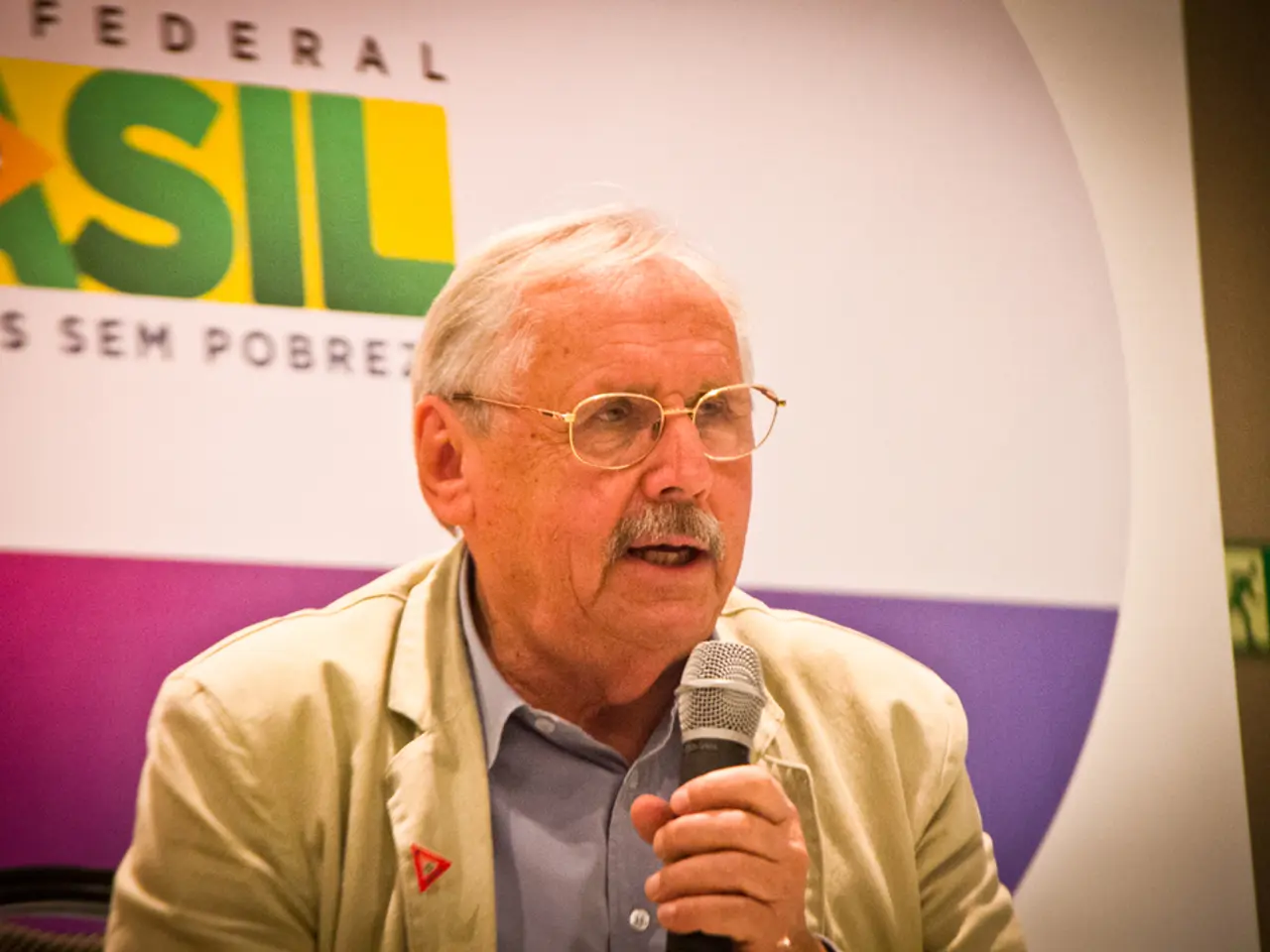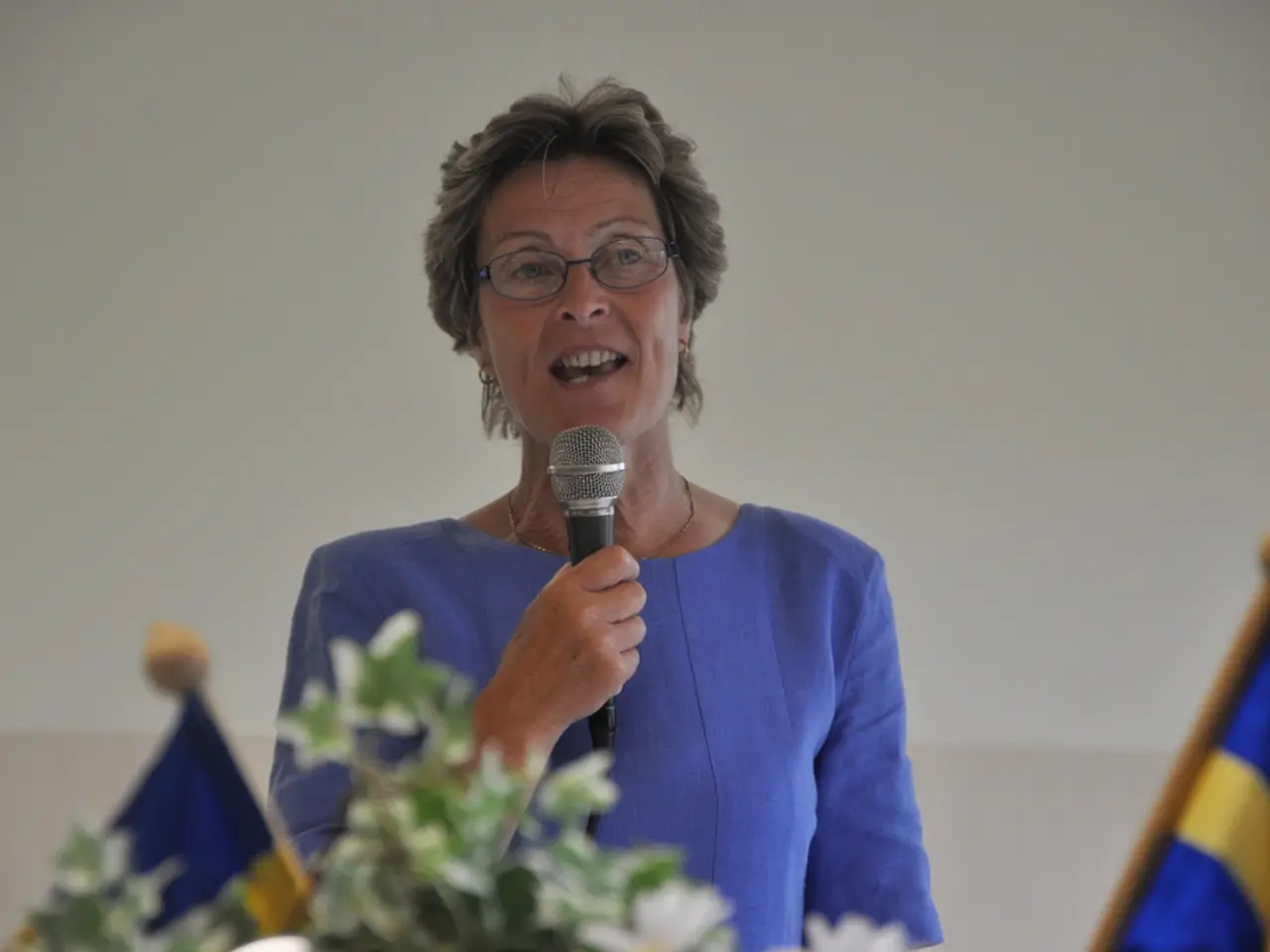End of Haseloff's tenure in 2026 - campaigning sans electoral incentives
The political landscape in Saxony-Anhalt is gearing up for a significant shift as the state prepares for its election in 2026. The incumbent Minister-President, Reiner Haseloff, has announced that he will not seek re-election after serving since 2011 [2]. In his place, the Christian Democratic Union (CDU) has chosen Sven Schulze, the current State Minister for Economic Affairs and CDU state leader in Saxony-Anhalt, as their top candidate for the election [2].
The election dynamics are expected to be shaped strongly by the CDU, the Social Democratic Party (SPD), and the right-wing populist Alternative for Germany (AfD), which has a strong presence in this eastern German state [1]. The AfD, classified as right-wing extremist by the Saxony-Anhalt constitutional protection, aims to be strong enough after the state election to govern alone [1].
Sven Schulze has emphasized his experience and announced increased activity on social media, but he values 5,000 phone numbers over followers for the state election [4]. The CDU is hoping for a result in the state election that will pave the way for Schulze to move into the state chancellery [5].
Ulrich Siegmund, the AfD top candidate, is successful in social networks, with a higher number of published posts than other parties [6]. The AfD sees itself on a triumphant march in the upcoming state election in Saxony-Anhalt [7]. In June, AfD top candidate Siegmund had a political exchange with Haseloff [8].
The Greens, a vocal opposition supporting democracy and climate goals, are also actively involved in local politics and advocate for progressive policies [3]. While the Greens' situation is less specifically detailed in current results, they remain a crucial coalition partner at the federal level and potentially in the state context as well.
Reiner Haseloff, who is considered a "bulwark against the right" by political competitors [9], has stated that he will do everything to ensure the AfD never gains government responsibility [10]. Haseloff initially intended to step down in 2021 but decided to run again due to his visible and audible management during the corona period [9].
Sven Schulze, as the Economics Minister and state party leader of Saxony-Anhalt, is a potential successor to Minister-President Haseloff [1]. However, Schulze has managed conflicts with farmers as a minister but has not shone as brightly as Haseloff in economic policy decisions, such as the planned settlement of chip manufacturer Intel [1].
As the election approaches, the political situation in Saxony-Anhalt remains dynamic and closely watched due to the AfD's strength and ongoing economic and social challenges impacting party strategies [1][2][3]. The state election will take place on September 6, 2026 [1].
References:
- BBC News
- Deutsche Welle
- The Local
- Tagesspiegel
- Deutsche Welle
- Tagesspiegel
- Deutsche Welle
- Tagesspiegel
- Deutsche Welle
- Deutsche Welle
- The policy-and-legislation landscape in Saxony-Anhalt might drastically change as migration, war-and-conflicts, crime-and-justice, sports, sports-betting, general-news, and climate goals are likely topics of contestation during the election.
- The Christian Democratic Union (CDU) and the Social Democratic Party (SPD) are gearing for a significant face-off against the right-wing populist Alternative for Germany (AfD) in the state election, with the AfD aiming to govern alone.
- The CDU's top candidate, Sven Schulze, has highlighted his experience and emphasized personal connections, such as his 5,000 phone numbers, over social media followers in the state election race.
- Meanwhile, the AfD's top candidate, Ulrich Siegmund, is capitalizing on social media to generate support for his party in the state election, positioning the AfD as a force to be reckoned with in the upcoming elections.






